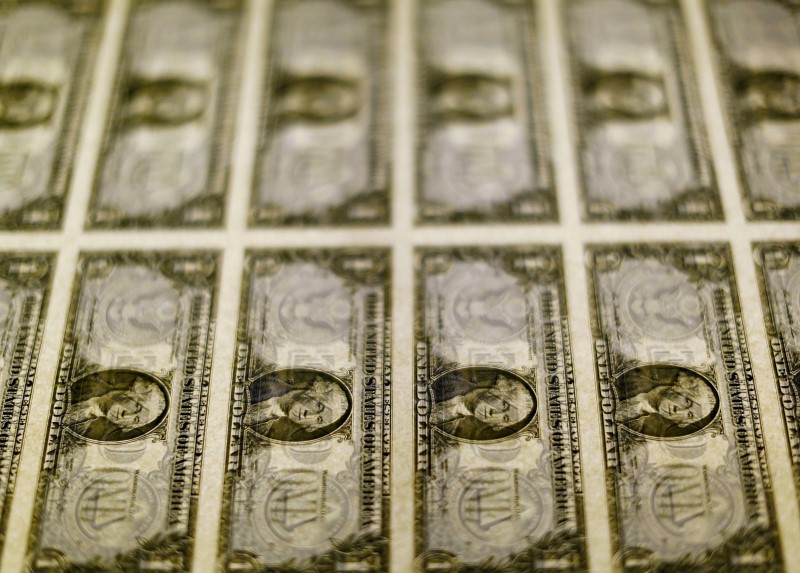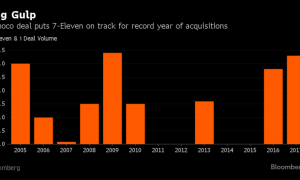
Get daily under-the-radar research with StreetInsider.com's Stealth Growth Insider Get your 2-Wk Free Trial here.
LONDON (Reuters) - The dollar fell from a two-week high on Monday, with a stronger oil price the chief theme in a market battening down the hatches ahead of central bank policy meetings in Japan and the United States.
Commodity-linked currencies including the Canadian, Australian and New Zealand dollars were all half a percent higher in early trade in Europe as crude rose 1.5 percent on the back of speculation about OPEC production controls.
The yen also gained around a third of a percent against the dollar and the euro, helped by expectations that any policy announcement by the Bank of Japan this week would stop short of the sort of dramatic action needed to weaken its currency.
Expectations of a rise in U.S. rates this week have also steadily evaporated, and had prodded the dollar lower before Friday's stronger-than-expected inflation data.
"I think the general view is one of not expecting the BOJ to announce any policy easing this week," said Lee Hardman, currency economist with Bank of Tokyo-Mitsubishi UFJ in London.
"That supports our view that the yen should trade on a stronger footing after the meeting. The lack of strong expectations for a rise in U.S. rates obviously plays into that as well."
The yen gained 0.4 percent against the dollar to 101.84 in Europe, after Asian trading thinned by a Japanese holiday.
The dollar index <.DXY>, which measures the U.S. currency's value against a basket of six major currencies, fell 0.3 percent to 95.846 <=USD>. Friday's rise was the dollar's biggest daily gain since late June. .
While expectations of a rise in rates by the Fed this week are now at just 12 percent, there is speculation that officials will start the ball rolling for a December move.
"We believe there is very little downside risk left to the dollar from here," said Manuel Oliveri, a strategist at Credit Agricole in London.
"Today looks a bit corrective. It doesn't make much sense to expect this to continue on the back of all the risk events coming up this week."
The Bank of Japan is due to conduct a comprehensive review of its own policy framework, which combines negative interest rates with a massive asset-buying program.
Speculation is rife it will change tack in favor of a policy mix that ups stimulus while also protecting banks from the problems generated by negative interest rates on deposits.
Either way, faith in Tokyo's ability to weaken the yen has been fading steadily, with bets on further gains still the dominant positive position in major FX markets.
Satoshi Okagawa, senior global markets analyst for Sumitomo Mitsui Banking Corporation in Singapore, said that unless the BOJ surprises by adopting some form of radical policy easing, the yen will probably strengthen.
"Unless they were to say that they will buy foreign bonds or something like that, the yen will probably rise," he said.
(Additional reporting by Masayuki Kitano; Editing by Catherine Evans)
Click here to view original web page at www.streetinsider.com













